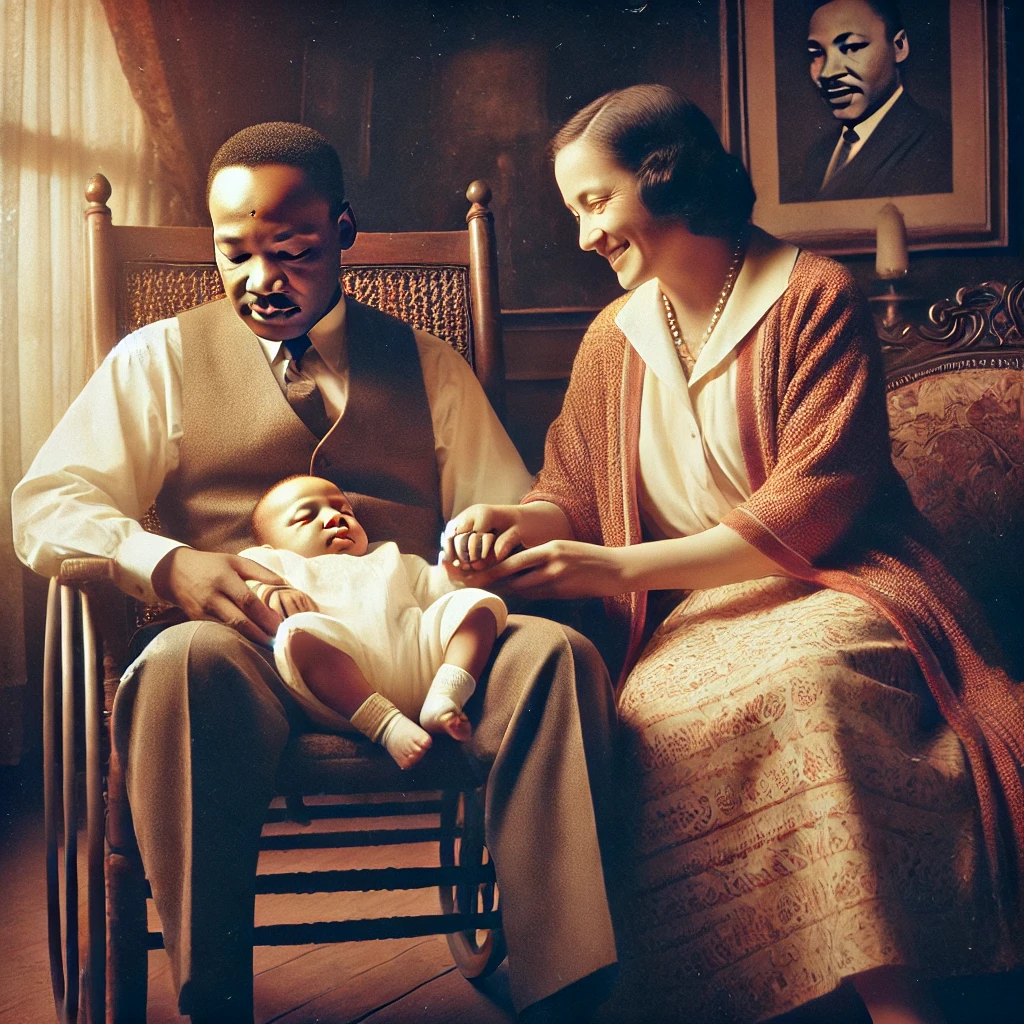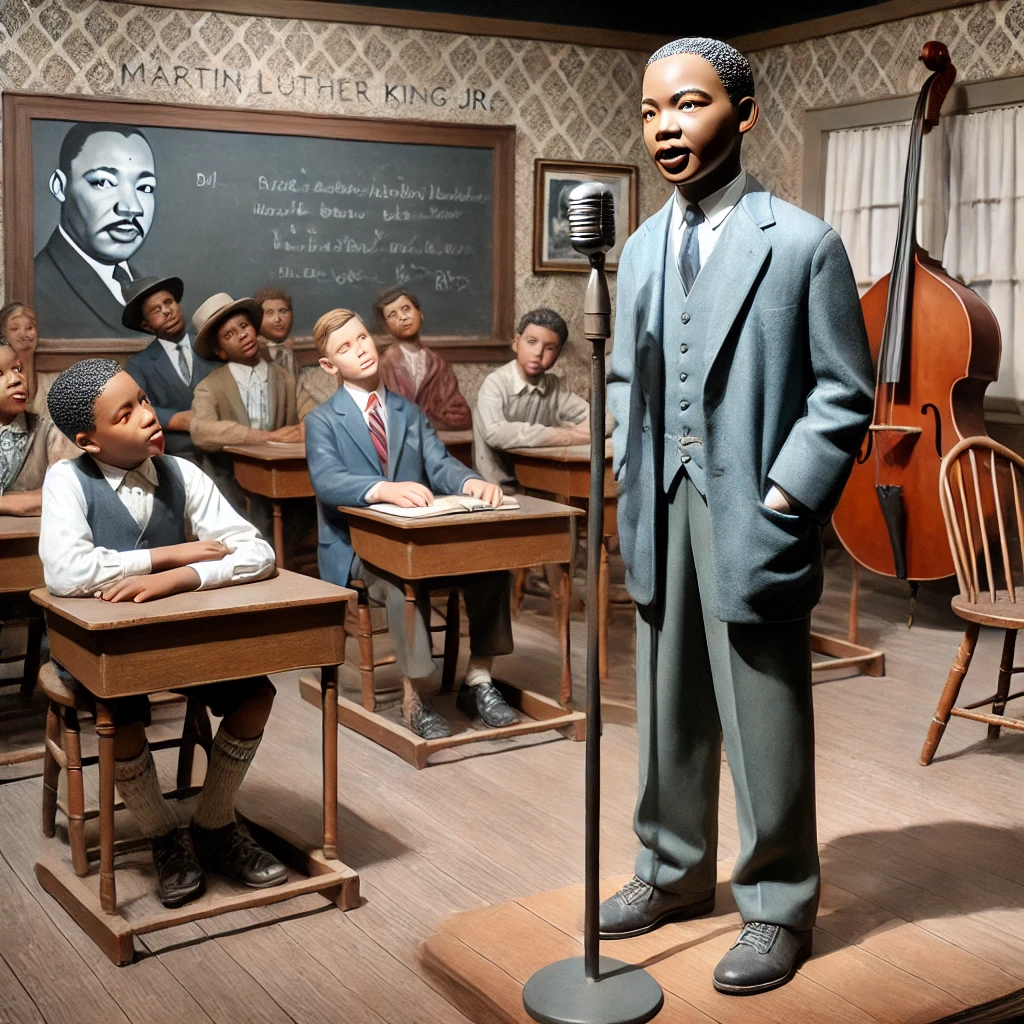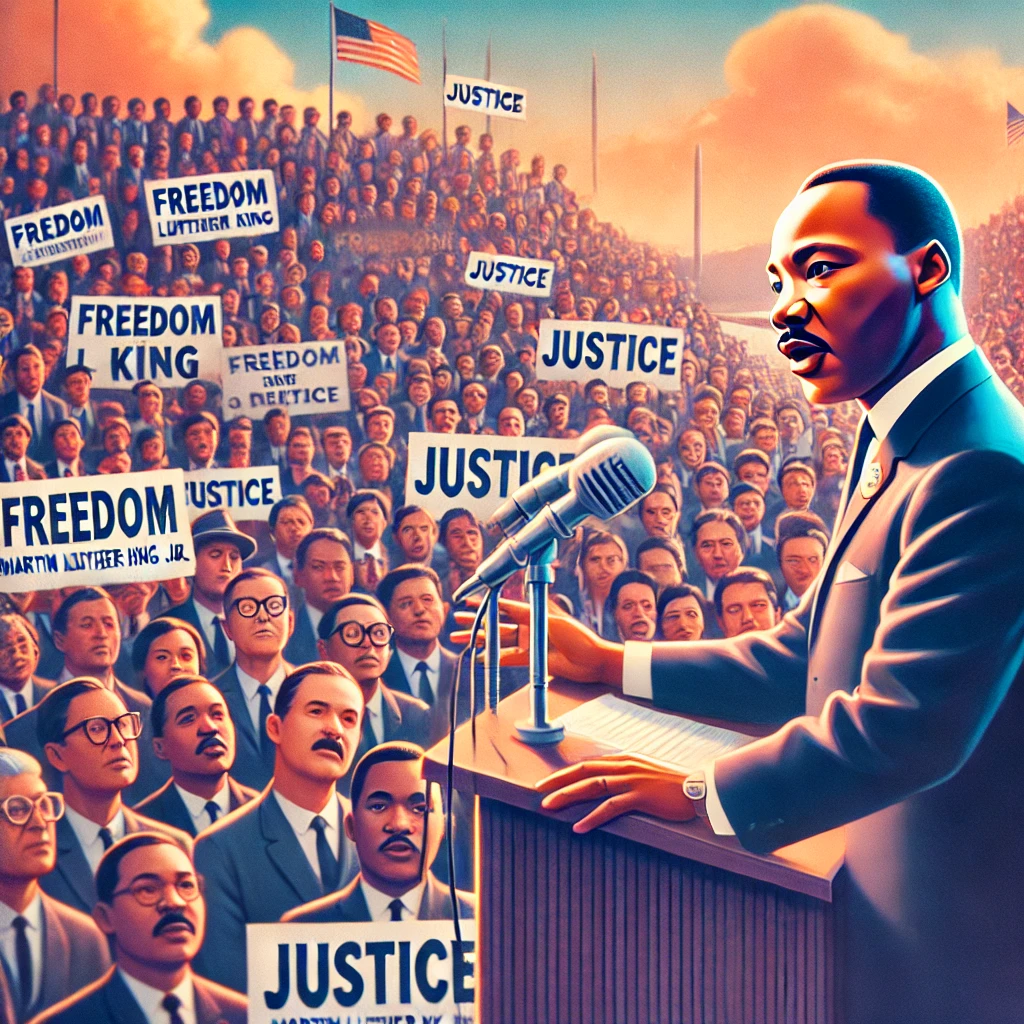A transformative leader in the civil rights movement was born on January 15th, 1929 — Martin Luther King Jr. His legacy of advocating for equality and justice continues to inspire generations. King’s impact is monumental, shaping the course of American history and inspiring movements for freedom and fairness around the world. This article explores the significance of King’s life, his historic achievements, and his enduring influence on contemporary society.

Early Life and Education
Born in Atlanta, Georgia, Martin Luther King Jr. grew up in a deeply segregated South, where systemic racism shaped the lives of Black Americans. The son of a Baptist minister, King was instilled with strong values of faith and morality from an early age. He excelled academically, skipping grades and enrolling at Morehouse College at the age of 15. It was during his time at Morehouse and later at Crozer Theological Seminary that King began to refine his vision of using nonviolence as a means to achieve social change.
King’s exposure to the teachings of Mahatma Gandhi deeply influenced his approach to activism. He believed that nonviolent resistance was not only a moral imperative but also a practical strategy to dismantle oppressive systems. His early experiences and education laid the groundwork for his later role as a leader in the civil rights movement.

The Civil Rights Movement and King’s Leadership
Martin Luther King Jr. emerged as a prominent leader during the Montgomery Bus Boycott of 1955-1956, which protested racial segregation in public transportation. His eloquence, courage, and unwavering commitment to nonviolence gained him national recognition. As president of the Southern Christian Leadership Conference (SCLC), King organized numerous campaigns to challenge racial discrimination, including the Birmingham Campaign and the March on Washington.
The March on Washington for Jobs and Freedom in 1963 became one of the most iconic moments of King’s career. Standing before a crowd of over 250,000 people, King delivered his famous “I Have a Dream” speech, articulating a vision of a society where individuals are judged by the content of their character rather than the color of their skin. His leadership and advocacy were instrumental in the passage of landmark legislation, including the Civil Rights Act of 1964 and the Voting Rights Act of 1965.
Enduring Impact and Legacy

Martin Luther King Jr.’s assassination in 1968 was a profound loss for the nation, but his ideals and vision continue to resonate. His birthday is now commemorated annually as Martin Luther King Jr. Day, a federal holiday that celebrates his contributions to justice and equality. His work has inspired global movements, from the anti-apartheid struggle in South Africa to contemporary calls for racial and social justice.
King’s philosophy of nonviolence remains a powerful tool for activism. His teachings serve as a blueprint for peaceful resistance, empowering individuals to challenge oppression without perpetuating cycles of violence. In a world still grappling with inequality and division, King’s message of hope and unity is as relevant as ever.
